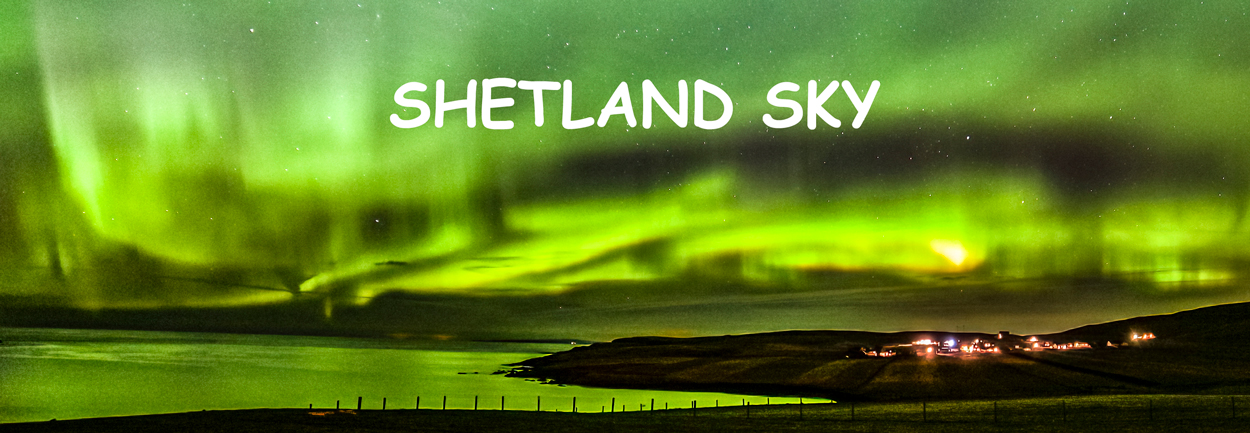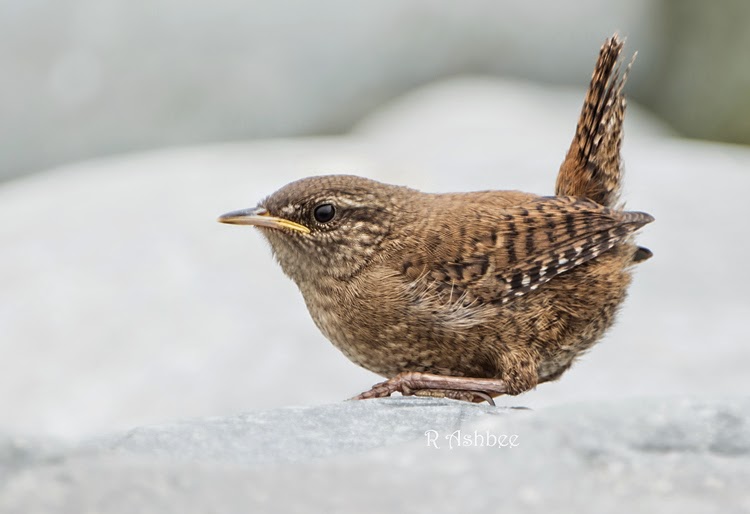Even before the `Christmas Star' people have been looking to the skies, and the interest has become even greater since the arrival of digital photography. On Christmas eve I finally managed to capture some photos of the International Space Station. Bang on time, 5.20 pm it came over Sandwick very low heading towards to the moon from west to east. In Shetland it was a lot lower than down in England.
The white line effect hides the fact that it is larger than a six bed roomed house and weighs 925,000 pounds and has 8 miles of wires inside.
Pleiades shines in the night sky even through the light pollution (just to the top right of the house).
The aurora has been on a off for the last few days but cloud as usual has been a problem. In Shetland the Aurora is known as the `Merrie Dancers ' as they move across the sky. These photos taken on a very cold night looking towards Cunningsburgh
Estimated kp readings have been at 4-6 which means the the Aurora had been visible even in northern England, providing there was no clouds present. In Whalsay conditions seem to have been better than the rest of Shetland judging by the photos that have been produced.
Still looking forward to seeing the amazing colours - reds & purples and a wider area when cloud isn't present. Sometimes the best way of finding the Aurora, is to point a camera to the north , the camera sensor can pick out the colours far better than our eyes, especially when any light pollution is present.
We started to go over towards Bigton but snow had fallen and it was becoming icy, someone further north in Shetland hit a patch of black ice which sent the car spinning 360 degrees. Its been unusual for Shetland to have these icy conditions but at least the skies are clearer.













